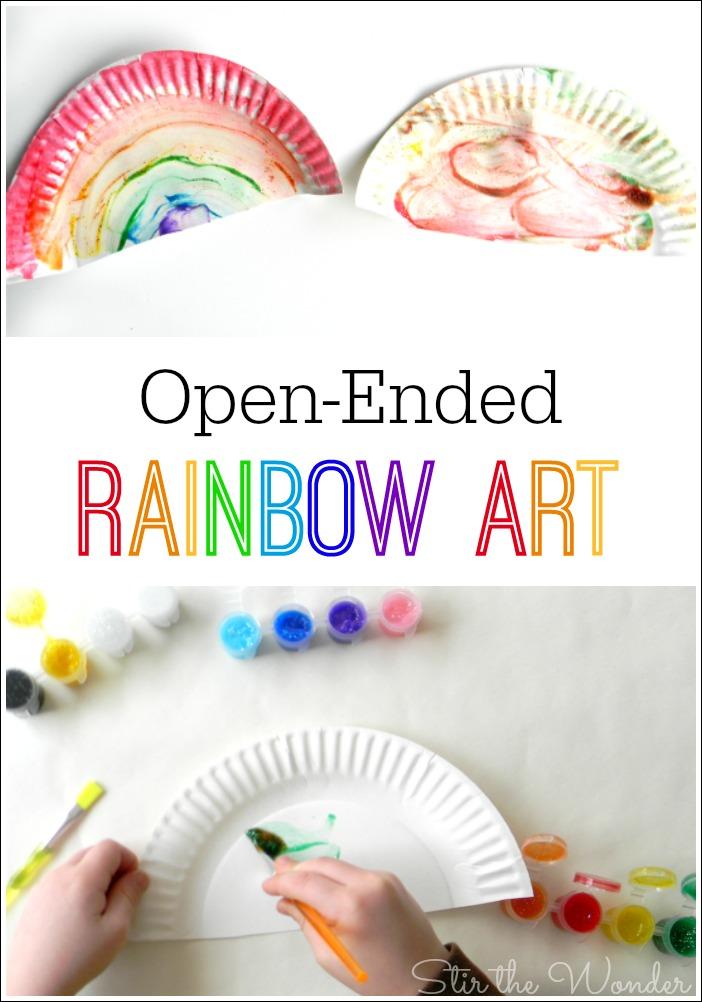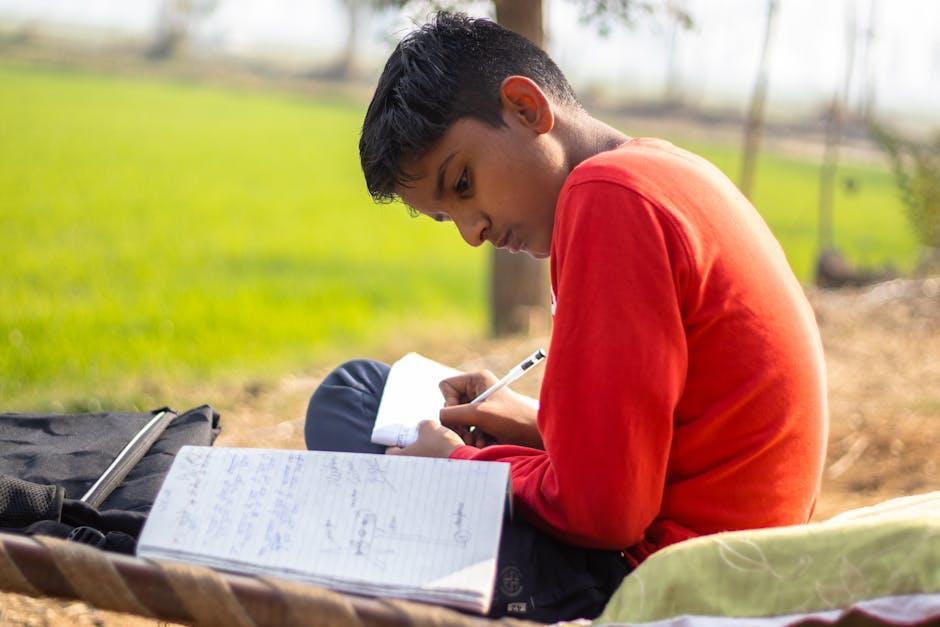In an era where information is readily accessible at the touch of a button, fostering independent thinking in children has never been more crucial. As parents and educators, the challenge lies not only in equipping young minds with knowledge but also in nurturing their ability to analyze, question, and innovate. Encouraging independent thinking is not merely about allowing children to make choices; it involves cultivating an environment where curiosity is celebrated, critical thinking is honed, and problem-solving skills are prioritized. This article delves into the strategies and practices that can empower children to think autonomously, enabling them to navigate the complexities of the modern world with confidence and creativity. Through a blend of psychological insights and practical advice, we will explore how to lay the groundwork for a mindset that values inquiry over acquiescence, setting the stage for lifelong learning and adaptability.
Fostering Curiosity and Questioning Techniques
Encouraging your child to ask questions is a pivotal step in nurturing independent thinking. Curiosity is the engine of intellectual achievement, and by fostering an environment where questioning is encouraged, you open the doors to exploration and understanding. To achieve this, start by creating a safe space where your child feels comfortable expressing their thoughts. Instead of giving direct answers, respond with open-ended questions that stimulate further inquiry. For instance, if your child asks why the sky is blue, you might reply, “What do you think causes the sky to have different colors?” This approach not only deepens their understanding but also builds confidence in their ability to think critically.
Implementing questioning techniques can further enhance this learning process. Consider the following strategies:
- Socratic Questioning: Use a series of guided questions to help your child explore complex ideas.
- Reflective Listening: Echo their thoughts back to them, encouraging deeper reflection.
- Encourage ‘What If’ Scenarios: Pose hypothetical situations to expand their thinking horizons.
By integrating these techniques into daily interactions, you empower your child to become an active participant in their learning journey, ultimately fostering a lifelong love for discovery and critical analysis.
Creating an Environment that Promotes Autonomy
Fostering a space where children feel empowered to make their own choices is essential for developing independent thinking. Begin by creating a supportive atmosphere where children are encouraged to explore their interests and express their opinions. Provide opportunities for decision-making in everyday activities, such as choosing their clothes, planning their daily schedule, or selecting meals. This helps them build confidence in their ability to make decisions and understand the consequences of their choices.
To cultivate an environment that values autonomy, consider implementing the following strategies:
- Encourage open-ended questions: Prompt your child to think critically by asking questions that don’t have a single correct answer.
- Celebrate mistakes as learning opportunities: Help them see errors as a natural part of the learning process, reducing the fear of failure.
- Model independent thinking: Demonstrate problem-solving and decision-making in your own actions, showing that autonomy is valued.
- Provide resources and tools: Give access to books, educational games, and creative materials that allow exploration and self-directed learning.
By incorporating these strategies, you create a nurturing environment that not only promotes autonomy but also lays the groundwork for lifelong independent thinking skills.

Encouraging Problem-Solving Skills Through Practical Exercises
One effective way to nurture independent thinking in your child is through practical exercises that encourage problem-solving skills. These exercises not only stimulate critical thinking but also foster a sense of autonomy. Engaging in hands-on activities allows children to explore concepts in a tangible way, making abstract ideas more accessible. Consider activities like building simple machines with household items or creating a budget for a small project. Such tasks require planning, execution, and adjustment, mirroring real-world problem-solving scenarios.
Moreover, incorporating puzzles and strategy games into their routine can further enhance their analytical skills. Encourage your child to tackle challenges like:
- Solving jigsaw puzzles or Rubik’s cubes
- Playing strategy-based board games such as chess or Settlers of Catan
- Participating in coding games or math challenges
These activities not only make learning fun but also teach persistence and adaptability. By regularly engaging in these exercises, children learn to approach problems methodically, evaluate different solutions, and make informed decisions independently.

Incorporating Open-Ended Activities for Creative Exploration
To foster independent thinking in children, integrating open-ended activities into their daily routines can be transformative. Such activities stimulate creativity by allowing children to explore multiple solutions to a problem rather than adhering to a single, predefined answer. By encouraging children to engage in tasks that have no fixed outcome, we empower them to take charge of their learning journey and develop critical thinking skills.
- Art Projects: Provide a variety of materials and let your child create without specific instructions. This approach helps them to express themselves and discover their unique artistic style.
- Storytelling: Encourage your child to invent stories or write journals. This not only enhances their language skills but also allows them to explore different perspectives and ideas.
- Scientific Exploration: Engage them in experiments where the process is more valued than the result. This nurtures their curiosity and understanding of the world.
These activities are more than just play; they are vital in developing a child’s ability to think independently and innovate. By providing an environment rich with opportunities for open-ended exploration, we lay the foundation for a lifetime of critical and creative thinking.



